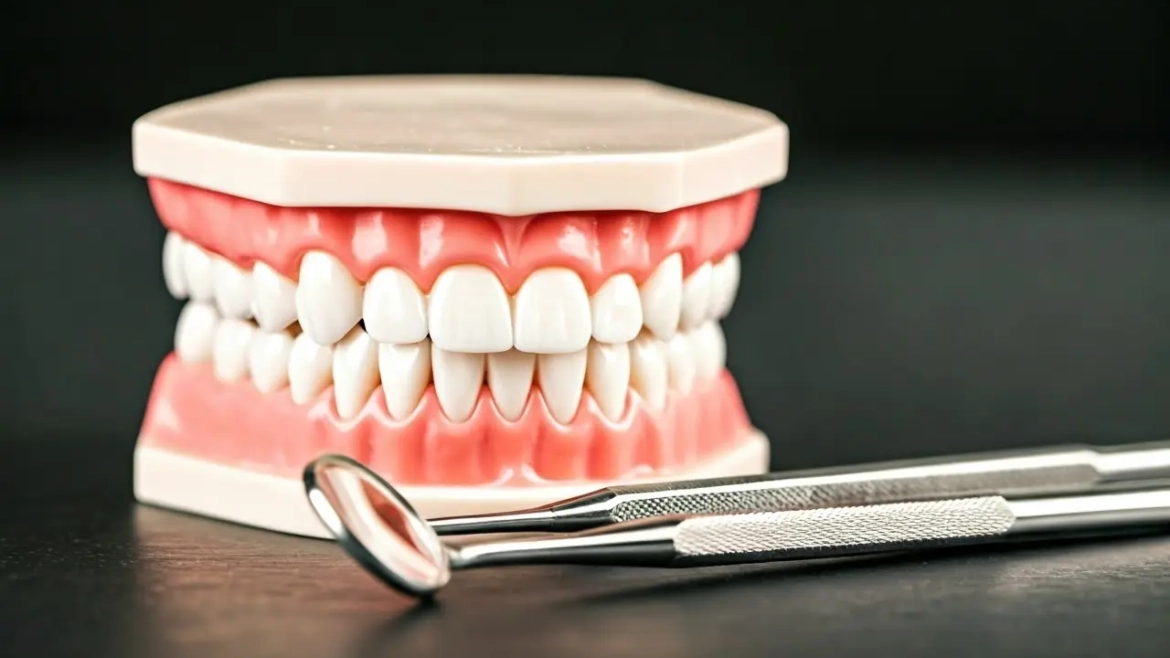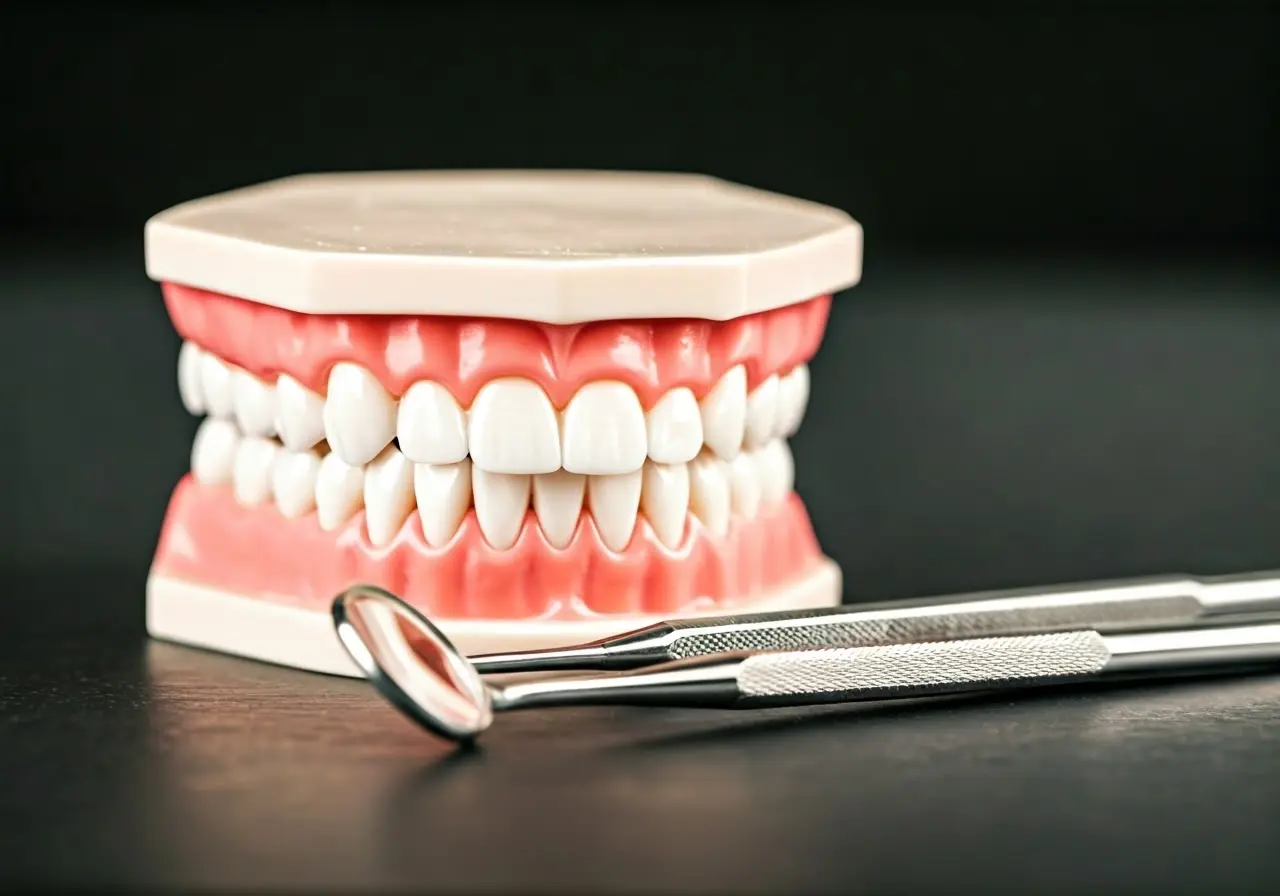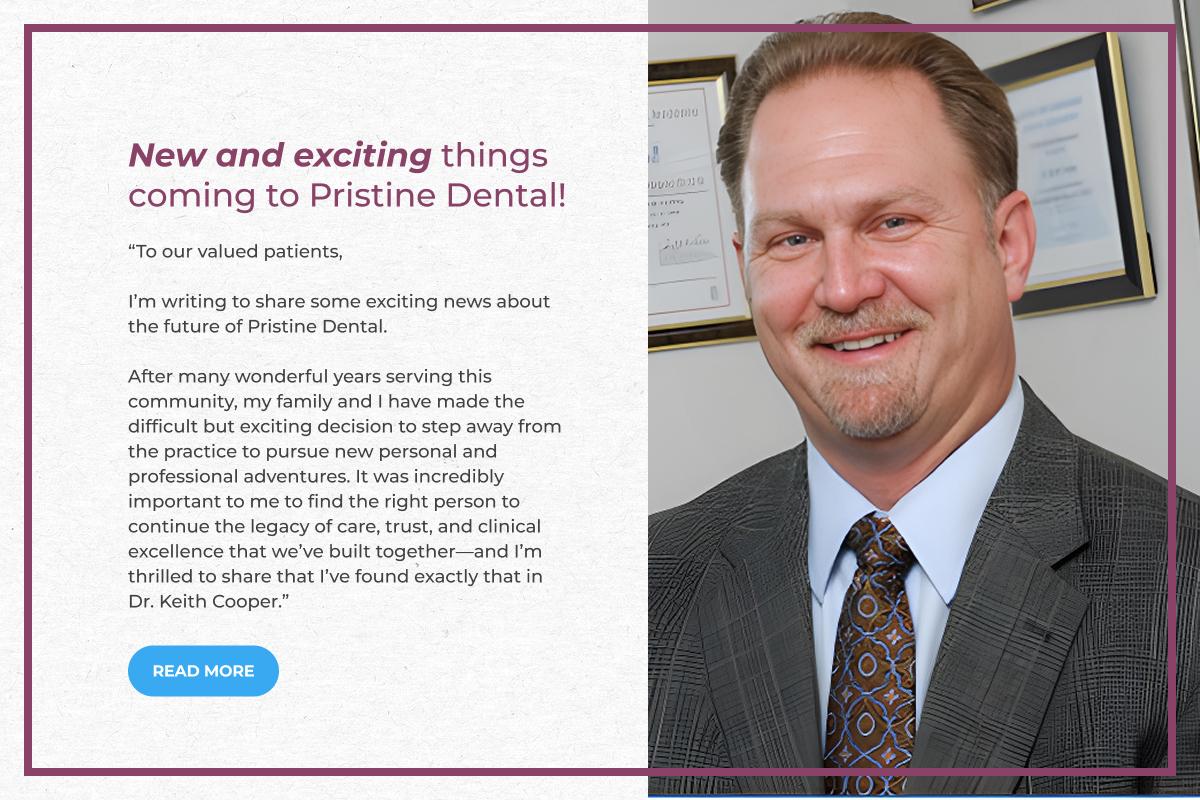Periodontics might sound like a complicated term, but it plays a crucial role in maintaining your oral health. This branch of dentistry focuses on the structures surrounding and supporting your teeth, primarily the gums and bones. In this blog, we’ll explore what periodontics is, how it benefits your oral health, and when you might need to seek help from a periodontist.
What Is Periodontics?
Periodontics is a dental specialty that focuses on preventing, diagnosing, and treating periodontal disease as well as the placement of dental implants. It primarily deals with the gums, bones, and other structures supporting our teeth. This field plays a pivotal role in maintaining the overall health of your mouth. With proper care and regular check-ups, periodontics helps keep these essential tissues healthy, preventing complications that could threaten your oral health.
The scope of periodontics is comprehensive, covering a variety of treatments aimed at restoring the function and aesthetics of the gums and supporting structures. Whether you are dealing with minor gum inflammation or more severe issues such as periodontitis, periodontics offers the expertise and interventions needed to address such conditions effectively.
Why Is Periodontics Important for Oral Health?
Healthy gums are the foundation of good oral health. Periodontics helps prevent gum disease, which if left untreated, can lead to tooth loss and has been linked to other health issues such as heart disease and diabetes. By focusing on periodontal health, you not only safeguard your teeth but also contribute to better overall health.
Moreover, studies have shown a significant connection between periodontal disease and systemic conditions. For instance, the link between gum disease and heart health underscores the importance of maintaining periodontal health to manage and potentially reduce the risk of serious cardiovascular problems.
Signs You May Need Periodontal Treatment
Look out for red, swollen, or bleeding gums, persistent bad breath, loose teeth, or pain while chewing. These may be signs that you need to see a periodontist. Addressing these signs early can prevent the progression of gum disease and avoid more invasive treatments down the line.
Do not overlook subtle signs like increased tooth sensitivity or receding gums. These can also indicate underlying periodontal issues that require professional evaluation and treatment. Catching these issues early can make a significant difference in treatment outcomes.
How Can Periodontics Improve Your Oral Health?
Periodontists can offer various treatments including scaling and root planing, gum graft surgery, laser treatment, and regenerative procedures. These help restore gum health and support bone structure. By choosing timely periodontal care, you can significantly reduce the risk of tooth loss and ensure the longevity of your teeth.
One of the advanced techniques used in periodontics is the laser treatment for gum disease, which offers a less invasive option with reduced discomfort and quicker recovery times compared to traditional surgery. Incorporating such cutting-edge treatments can make a huge difference in patient experience and outcomes.
When Should You See a Periodontist?
If you notice any symptoms of gum disease or have risk factors such as smoking, diabetes, or a family history of periodontal issues, it’s a good idea to schedule a consultation with a periodontist. Early intervention is key to preventing severe damage to your dental and overall health.
Moreover, it’s essential to consult a periodontist if you are considering dental implants, as they play a crucial role in planning and executing these procedures successfully. They ensure that the underlying bone and gum tissues are healthy enough to support implants, which can significantly enhance your oral function and aesthetics.
Embrace the Benefits of Periodontics for a Healthier Smile
Understanding periodontics can drastically improve your approach to oral health. By recognizing the signs of gum disease early and knowing when to seek professional help, you can preserve your beautiful smile for years to come. Remember, a healthy mouth is a happy mouth! To further enhance your oral health, consider visiting our homepage for more information.



